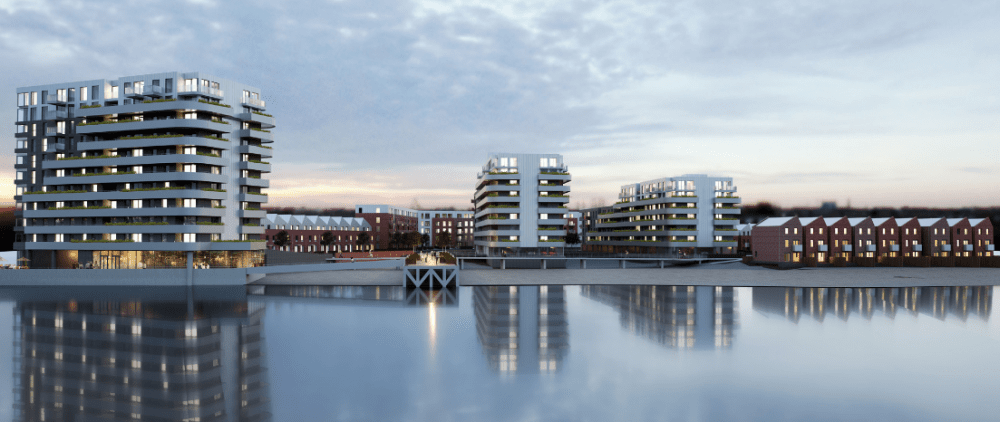Housing Secretary Michael Gove plans to scrap water pollution rules which developers say are being used to block new housebuilding.
The ‘nutrient neutrality rules’ dictate that local authorities should not give the go-ahead to any fresh developments that are projected to add to river nutrients such as phosphates and nitrates, either through wastewater from new homes or run-off from building sites.
The rules were enacted by the EU, though developers argue that Natural England are enforcing them so strongly that as many as 120,000 new homes are being placed on hold.
Prime Minister Rishi Sunak said the move would be “fantastic for young, first-time buyers”.
Speaking on a new housing estate in Norwich, he added that “previously it was a disproportionate and poorly targeted old EU ruling that blocked these homes”.
Stewart Baseley, executive chairman of the Home Builders Federation said house builders are “keen to play a part in protecting rivers”, but the current rules are “exacerbating another national crisis, our shortage of homes”.
He added: “New homes are a negligible contribution to the river pollution issue that is a result of agricultural practices and water company failings.”
Environmental groups are worried about the news.
Doug Parr, policy director at Greenpeace UK, said: “Who would look at our sickly, sewage-infested rivers and conclude that what they need is weaker pollution rules? No one, and that should include our government.
“Scrapping or weakening limits on chemicals from sewage and farm run-offs would be a sure sign that ministers have completely given up on saving our great waterways and the precious wildlife they host.
“Instead of allowing housebuilders to cut corners, the Sunak administration should make sure we have the right infrastructure to handle our sewage so we can build new homes without sacrificing our rivers’ health.
“But that would require them to do what they’ve spectacularly failed to do so far – forcing water firms and housebuilders to invest their profits in upgrading treatment plants and pipes to a standard that a modern, functional country would expect.”
